Redbull, Does It Really Give You Wiiings?
November 12, 2021
Energy drinks are a staple item that a lot of people say Gen Z is “addicted to” and something teenagers need to live off of. Caffeine is one of the most addictive chemicals that people depend on to make it through the day.
National Center for Biology Information (NCBI) studies show that energy drinks can have dangerous health effects, particularly in children, teenagers, and young adults. In 2019, more than 26,000 overdose cases of caffeine in the US were related to energy drink consumption.
Forms of caffeine such as coffee are a big necessity to students. It is common to see someone walking in the hall with a cup of coffee, or cans of Redbull or Monster.
Without reading the nutritional facts, people put ingredients into their bodies that may cause heart rhythm disturbances, blood vessel clots, and increased blood pressure. However, students believe that energy drinks are not as harmful as nutritionists depict them to be.
Junior Dara Sharpe said they boost her energy before softball games and play a deciding role in her performance during the game.
“I usually drink a Celsius before every game. It just gives me that extra push to do really good on the field and kinda helps me play better. It doesn’t help that they are addicting,” said Sharpe.
Students think that energy drinks are what determine how the seven and a half hour school day will transpire. Junior Mattie Martin believes that they are not good in any kind of way and that energy drinks aren’t her “life or death.”
“Energy drinks can be bad for you. Once you read the label, even though they may provide you with energy, what you’re putting in your body is a lot worse. I am not addicted to them and I think it’s a good thing because I don’t need to live off of them,” said Martin.
Energy drinks are an item that certain people depend on to make their day, but their way to get a boost of energy is one that can make or break them.







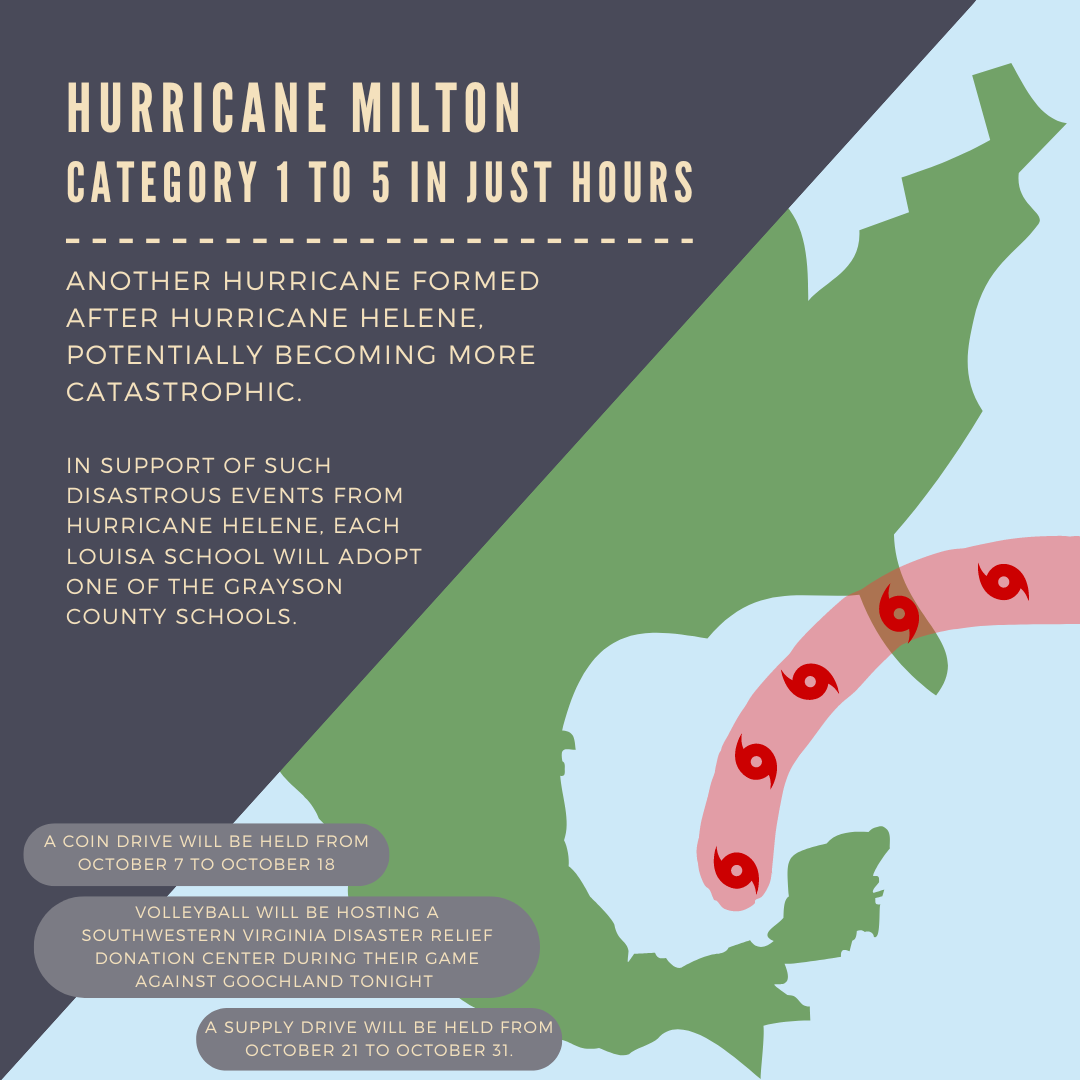








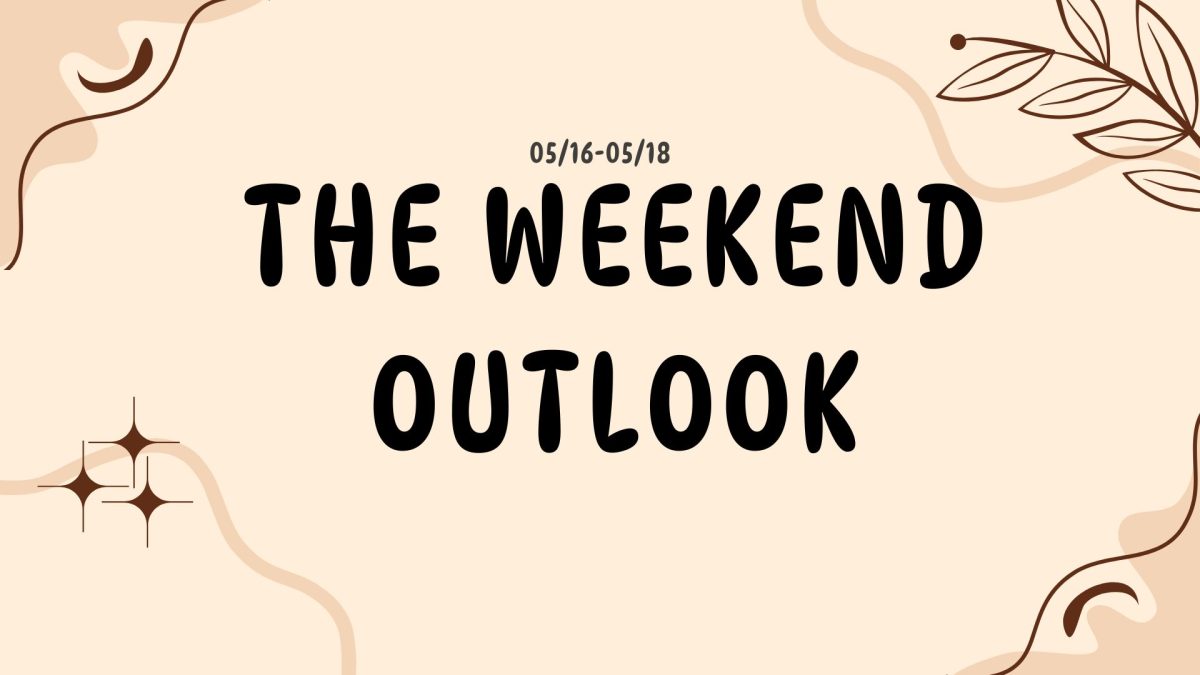

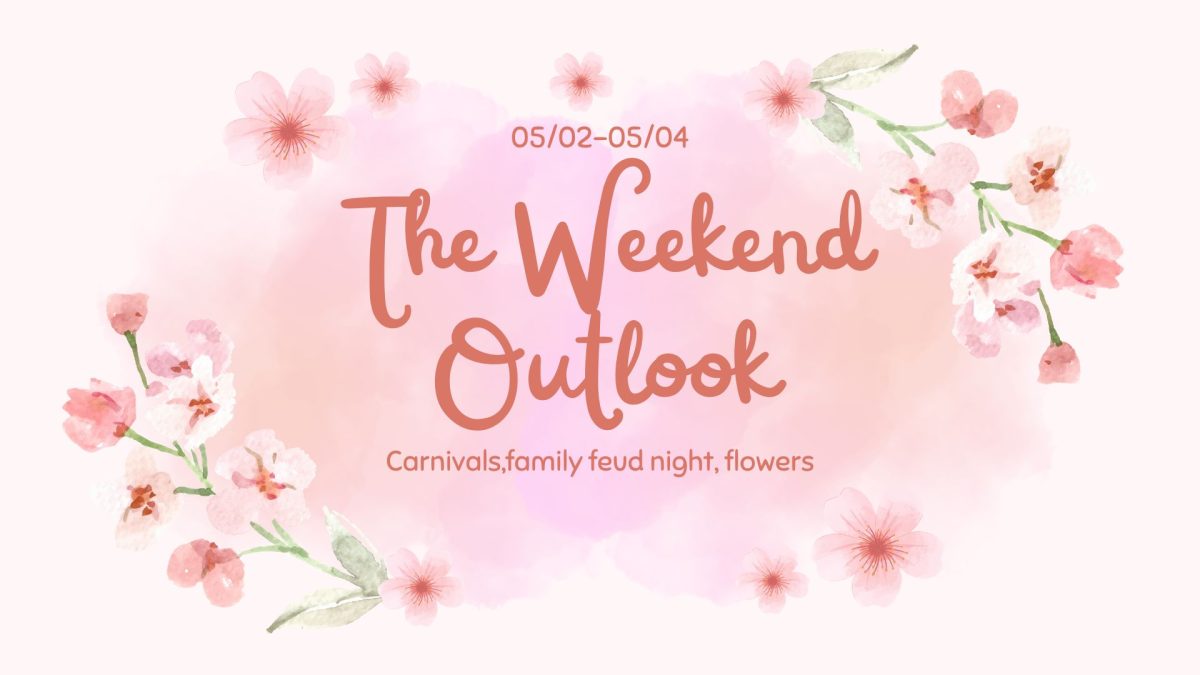

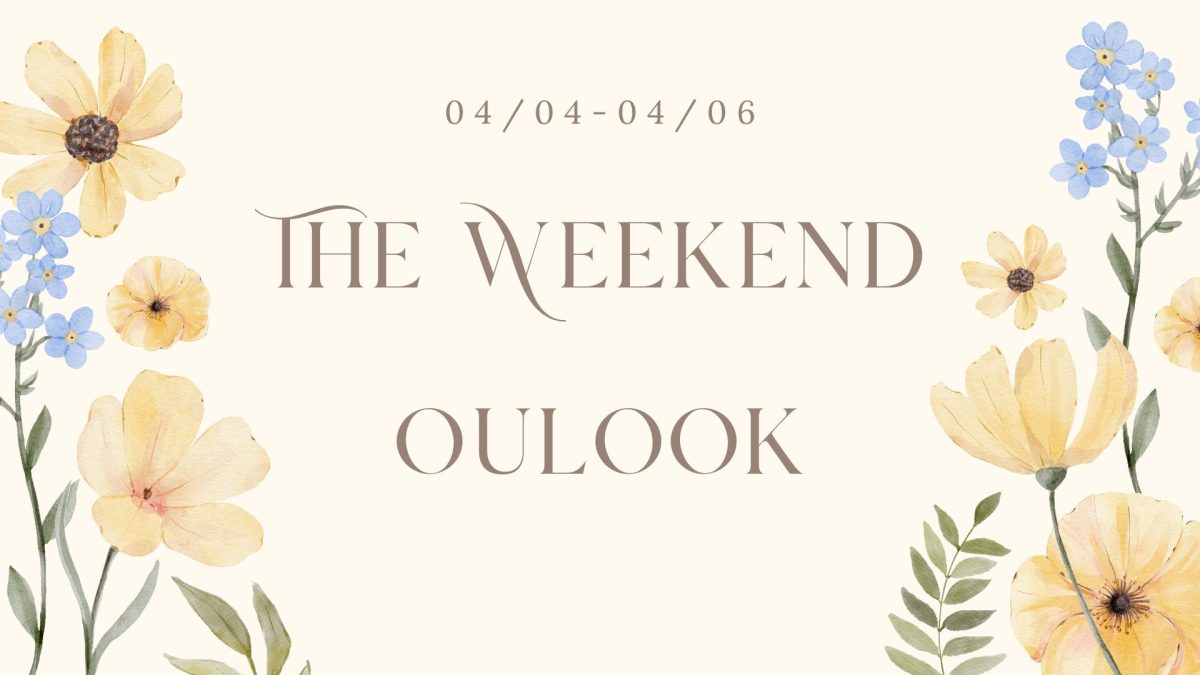
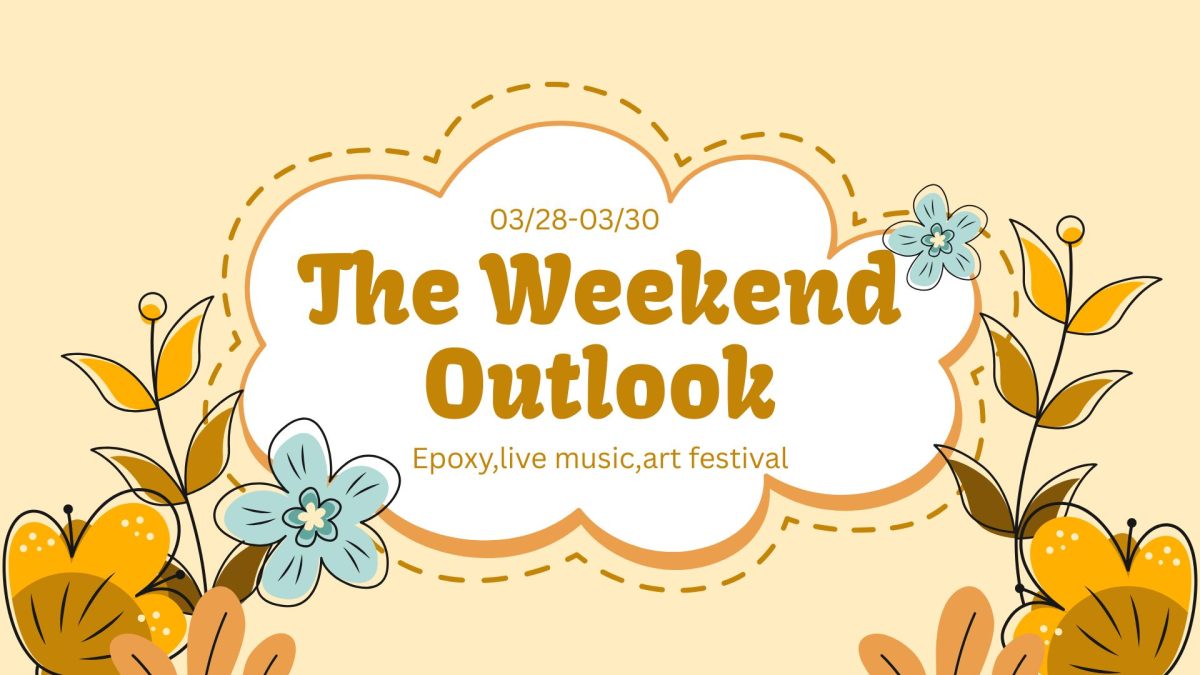
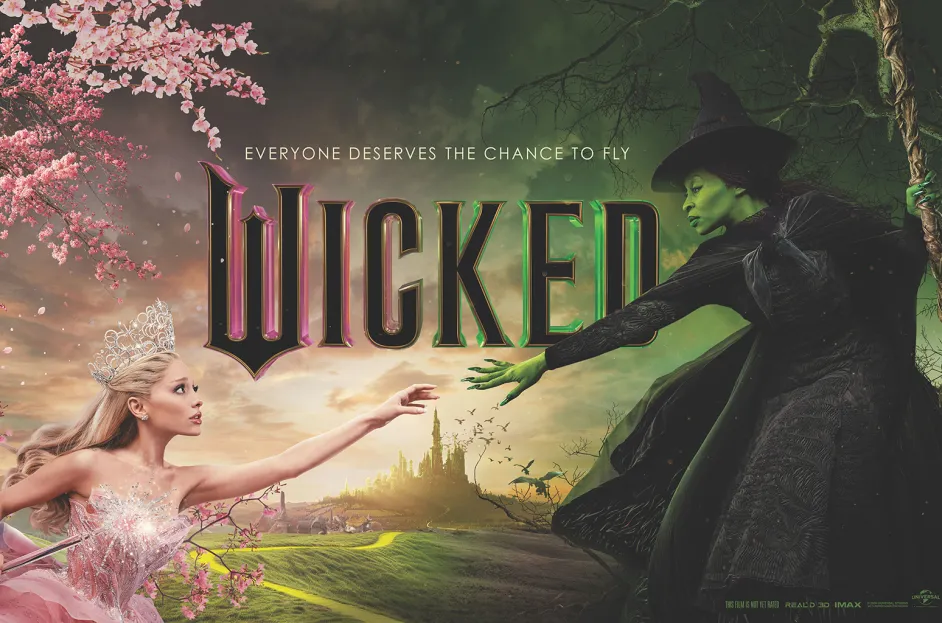










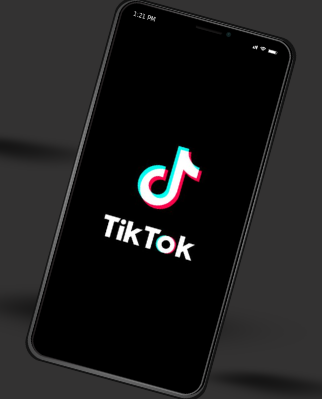







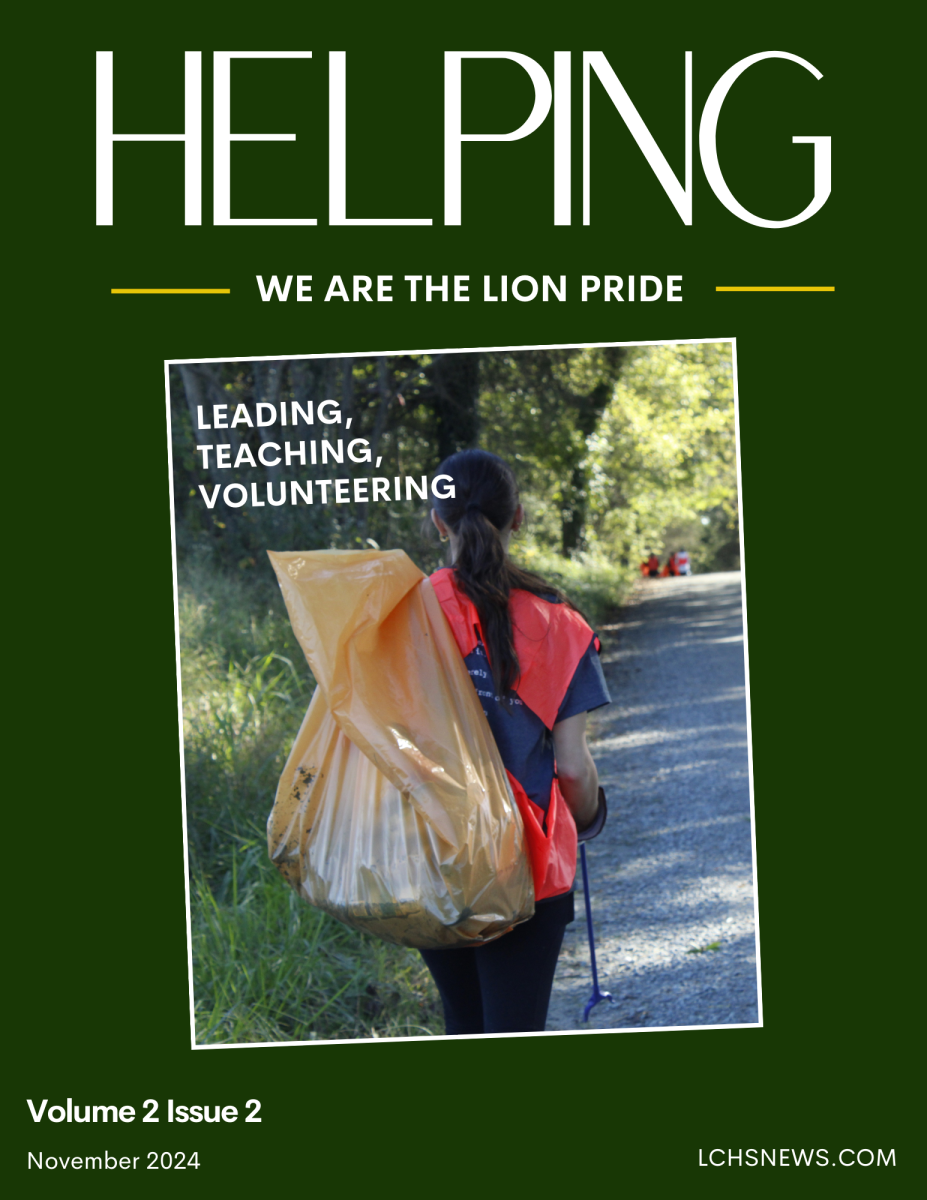

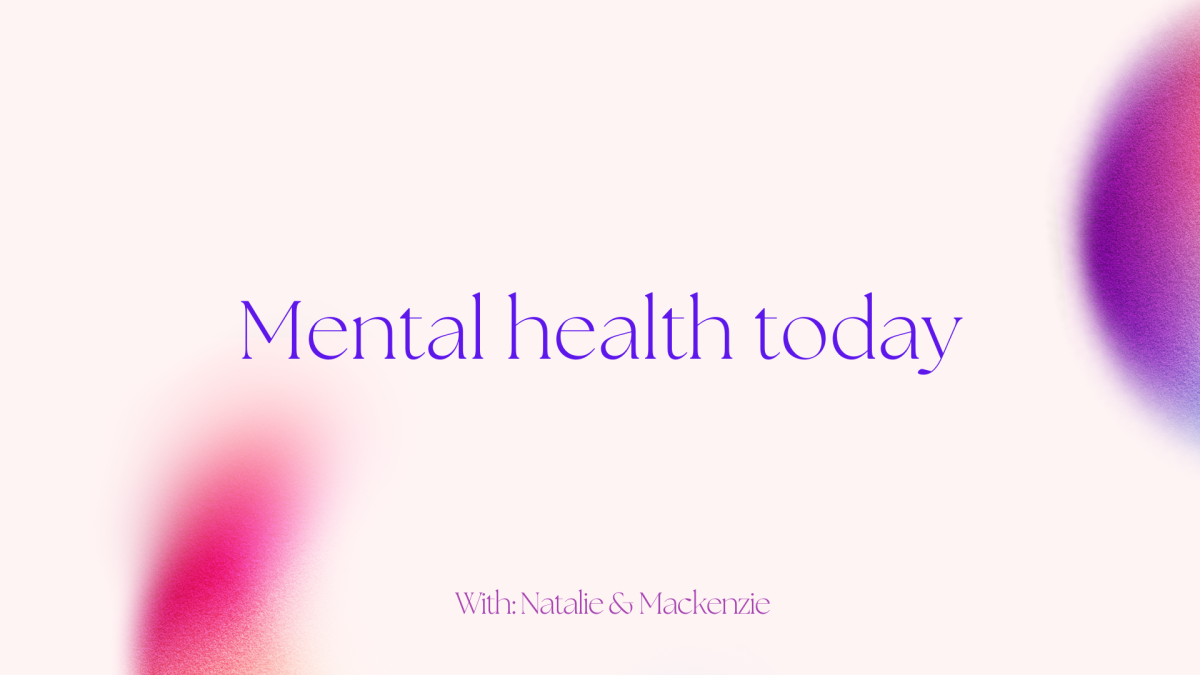


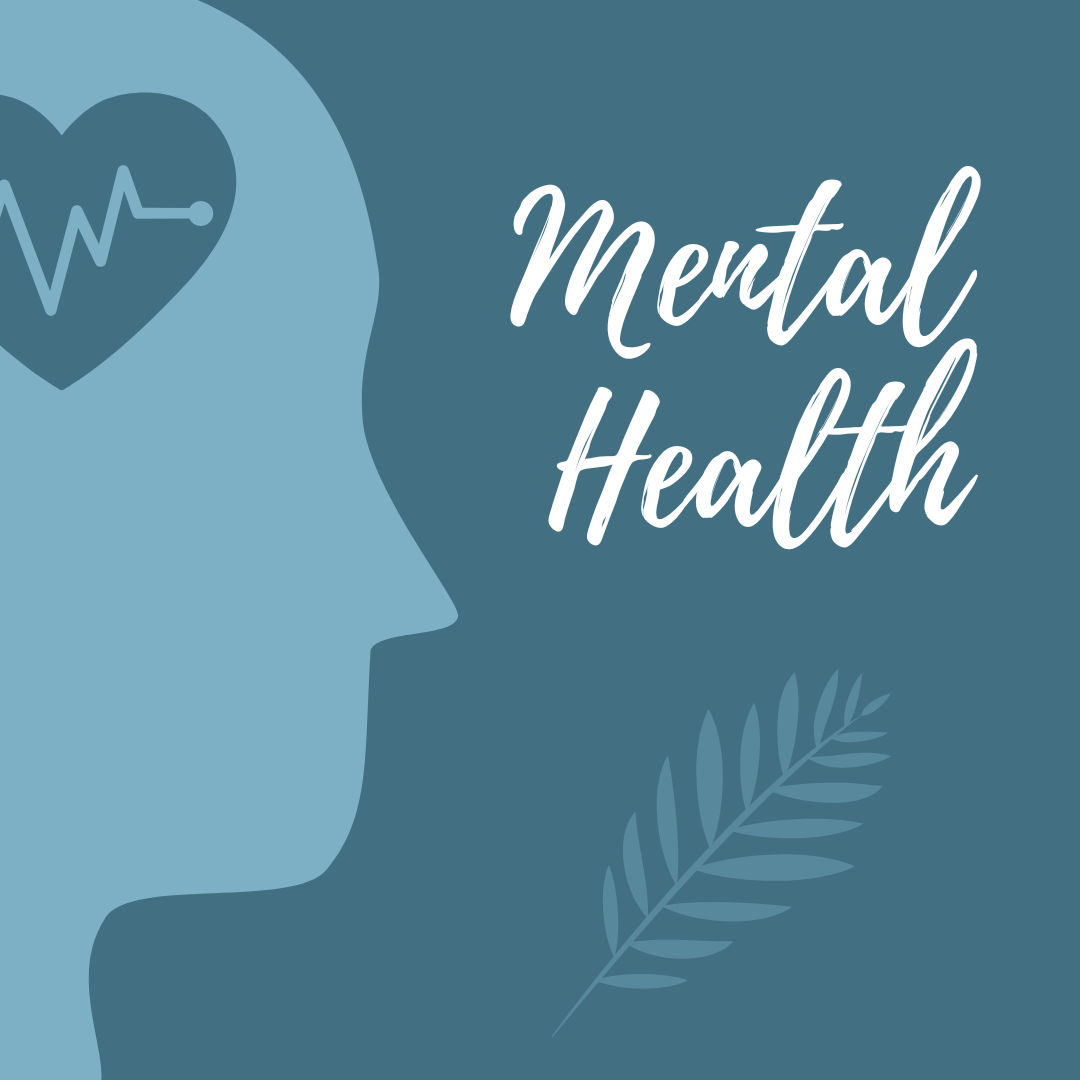










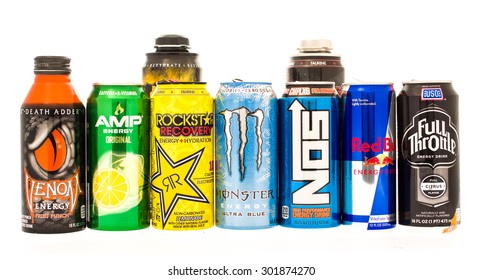



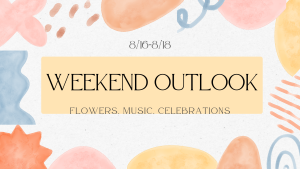

haden freeman • Nov 15, 2021 at 12:46 pm
awesome!